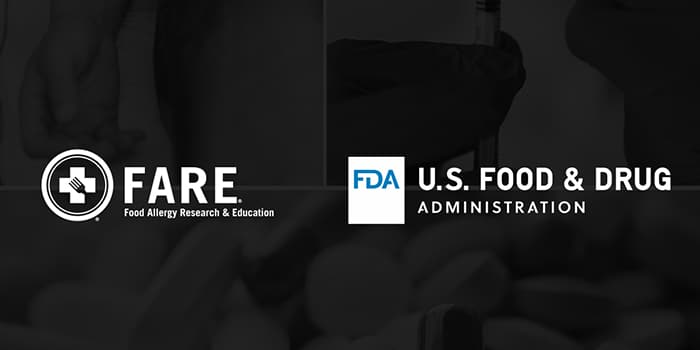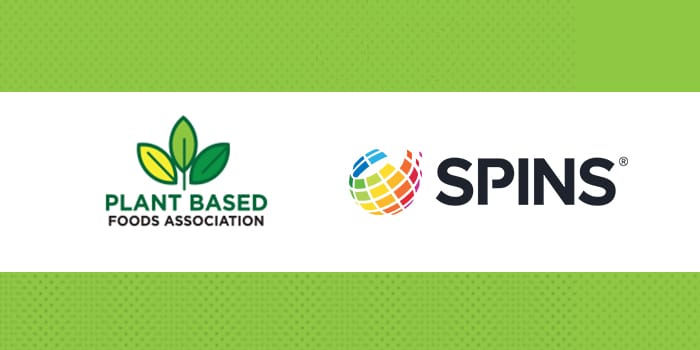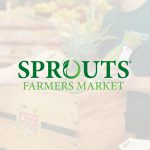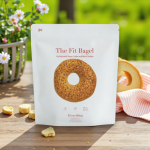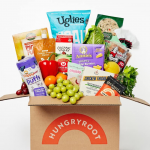COVID-19 News Roundup: Costco to Resume In-Store Sampling, Food Supply Protection Act Proposed
Costco: Q3 Earnings, In-Store Sampling to Return Mid-June
In its third quarter earnings call yesterday, Costco CFO Richard Galanti told analysts the store will resume in-store sampling in mid-June “on a slow rollout basis,” after halting the in-store activity in March due to the COVID-19 pandemic.
“I can’t tell you any more, but it’s, needless to say, not going to be where you go and just pick up an open sample with your fingers,” Galanti said.
The retailer is aiming to bring customers back to stores after seeing U.S. traffic decline 2% in Q3. Last week Costco eliminated its previously announced limit of one member and guest per trip and resumed foodservice operations. It remains to be seen if the return of in-store sampling, with added safety measures in place, will attract more consumers to the retailer’s 547 U.S. warehouses, which have put various safety measures in place, including requiring face coverings for all shoppers and employees since May 4.
At the same time, Costco sales grew 8% during the third quarter, with net sales increasing 7.3% year-over-year to $36.5 billion and online grocery growing “at an incredible rate,” Galanti said. E-commerce sales increased 66%, he said, driven by demand for two-day dry goods and one-day fresh delivery options.
“We are seeing a big [e-commerce] push,” he said. “I think it is too early to tell what happens in the future. I think more of it will go online just like everything else in life.”
The quarter also saw an unforeseen expense: $32 million spent on masks, gloves and cleaning supplies, plexiglass partitions and other safety needs due to the pandemic.
Senate Democrats Propose $7.5B Food Supply Protection Act
U.S. Sen. Debbie Stabenow on Wednesday introduced the Food Supply Protection Act to provide $7.5 billion to support the food supply chain and protect workers, along with farmers and food banks affected by the COVID-19 pandemic.
The Food Supply Protection Act would provide small and medium-sized food processors with grants, loans and loan guarantees to support machinery upgrades and temporary cold storage, as well as to purchase personal protective equipment, cleaning supplies and COVID-19 test kits for workers. The goal, lawmakers said, is to both prevent supply chain bottlenecks as well as help build storage capacity and supply at food banks. Sponsors of the bill include Senate Democratic Leader Chuck Schumer and all nine Senate Agriculture Committee Democrats, along with 40 supporters of food industry organizations, nonprofits and brands including Organic Valley, Danone and Land O’Lakes.
“The COVID-19 crisis has tested the strength of our nation’s food supply chain, creating a ripple effect that’s harming our families, farmers and workers,” Stabenow said in a release. “This bill will help strengthen our food supply by redirecting food to families and helping farmers and processors retool their operations.”
During the pandemic, high demand in retail coupled with restaurant closures have caused widespread supply chain issues. In response, the FDA and USDA have released guidance to expedite rerouting food from foodservice to retail. Despite these efforts, the Food Industry Association (FMI) noted in a blog post yesterday that the pandemic has “exacerbated” food waste throughout the supply chain.
FARE Pushes FDA to Require Ingredient Disclosure
The Food and Drug Administration (FDA) released new guidance last Friday allowing manufacturers to swap ingredients without changing their labels. Late yesterday, Lisa Gable, CEO of advocacy organization Food Allergy Research and Education (FARE), said she had spoken with Dr. Susan Mayne, director of the Center for Food Safety and Applied Nutrition, about the issue, which FARE says poses a large risk for allergic consumers.
In a letter sent Tuesday, Gable had called for a revision, noting the “critical” need for allergic consumers to trust food labels.
“In order to help you understand the depth of the concern, FARE’s social media channels received hundreds of comments over the holiday weekend from frustrated members of the food allergy community,” Gable wrote. “They are worried that the already challenging food purchasing environment will now be made more difficult by the FDA’s decision.”
In an email yesterday, Gable said the phone conversation was “collaborative and productive.” FARE is demanding requirements for manufacturers to disclose ingredient changes immediately via stickers or digital platforms (websites, social media and retail websites) if they are not required to update their labels.
“We look forward to an even stronger relationship with the agency and are optimistic that food companies will not have to make substitutions or changes to the products you buy and trust,” Gable wrote in the email.
PBFA: Plant-based Sales Topple Total Food Sales During the Pandemic
In a new report, the Plant-based Foods Association (PBFA) evaluated SPINS data of plant-based meat, cheese, tofu and tempeh sales, noting each had strong growth during the 16-week period ending April 19.
In the week ending March 15, plant-based food sales grew 90% year-over-year, surpassing total food sales by 25%. During that week, plant-based meat sales grew 148% year-over-year, the report found, and 61% year-over-year in the following month, twice as fast as animal-based meat (28%) as the meat industry saw production slowdowns. While consumers found some meat cases empty, refrigerated plant-based meat sales increased 113% year-over-year from March 15 to April 19.
To meet the demand spike and prepare for further growth, plant-based brands have adjusted their marketing messaging and retail plans, including providing more content around home cooking.
Plant-based cheese, tofu and tempeh also saw spikes for the week ending March 15 and continued growth through April 19.
“This new data shows that consumers are turning to plant-based food options now more than ever,” Julie Emmett, PBFA’s senior director of retail partnerships, said. “Even after the highest panic-buying period, plant-based foods’ growth remains strong, proving that this industry has staying power.”
Gallup: Consumers Choosing Curbside More Often
As consumers sheltered in place, many chose convenient and contactless methods for food shopping. According to a Gallup survey, 36% of consumers said they used curbside pickup more often during April, up from 19% during March 23-April 5. Additionally, 11% reported having groceries delivered more often from March 23-April 5 than during the prior month. For the rest of April through May 17, 14% of respondents said they were using grocery delivery more often.
All age groups reported spikes in using these services, but consumers under age 45 most often choose these methods. For the week of May 11-17, 43% of 18-44 year-olds reported more use of curbside pickup than the previous time period, compared to 29% of consumers aged 65 and up and 32% of 45-64 year-olds. Each age group’s use of grocery pickup has increased during the pandemic, and individuals with annual income above $90,000 were more likely to use these services than lower income earners.

